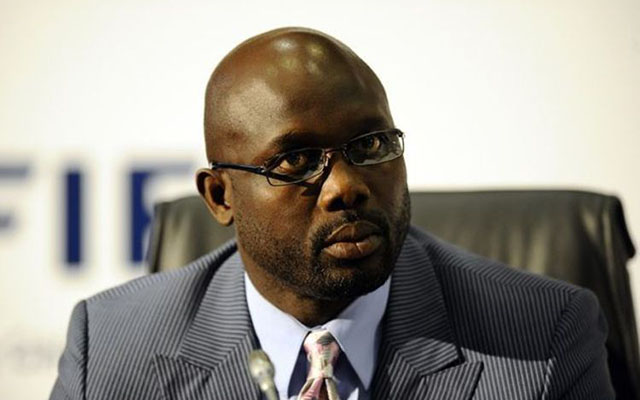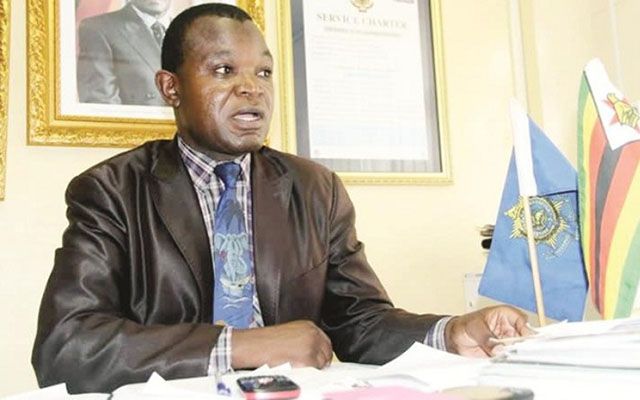EDITORIAL COMMENT: Marathon: Our chance for Olympic medals

FIVE years ago, Cuthbert Nyasango charmed the country when he finished seventh in the marathon at the 2012 Olympics Games in London, registering the best performance by a Zimbabwean track athlete in the history of the world’s biggest sporting festival. The 35-year-old long-distance star ran a personal best time of 2 hours 12 mins 08 secs in a gruelling race that was, predictably, dominated by the East Africans with Stephen Kiprotich of Uganda winning the gold medal while Abel Kirui and Wilson Kipsang Kiprotich took the silver and bronze medals.
Nyasango’s performance in London eclipsed the ninth place finish by Tendai Chimusasa, in the marathon, at the 2000 Sydney Olympic Games in Australia, which had long been the benchmark of excellence for Zimbabwean athletes on the big stage. Chimusasa, one of the finest athletes to come out of this country, announced his arrival on the global stage when he won the 1992 Lisbon Half Marathon in the Portuguese capital and then won a silver medal in the 10 000 metres at the 1994 Commonwealth Games in British Columbia in Canada.
He also finished 14th in the 5 000 metres race at the same Commonwealth Games. A trailblazing star on the domestic scene, Chimusasa won the Hamburg Marathon in Hamburg, Germany in 1998 and two years later at the 2000 Olympic Games in Sydney, Australia, he finished ninth in the marathon. Nyasango and Chimusasa share something in common — they were both born in rural Nyanga in the country’s Eastern Highlands and honed their long distance running skills navigating the tough terrain of their homeland.
Just like the Kenyan and Ethiopian runners who have dominated long distance running in the world for decades now, come from the highlands of the Rift Valley and use their villages’ rugged terrain to develop their running skills at very young ages, Nyasango and Chimusasa also took full advantage of their rural surroundings to turn themselves into athletes who can compete on the globe.
The two, though, are not the only Zimbabwean athletes who have shown they have real talent, which can be displayed on the global stage where they can win big races, when it comes to long distance running. Mike Fokoroni won the Old Mutual Two Oceans Marathon in South Africa last year while Stephen Muzhingi rose from a poor upbringing in rural Gutu to become the first non-South African to win the 89km Comrades ultra-marathon in the Rainbow Nation.
He showed that his first victory in 2009 was no fluke as he defended his title in 2010 before winning the race for a third straight time in 2011 and also became only the second athlete to hold both the Two Oceans Marathon (56km) and the Comrades Marathon (89km) at the same time. The success of Chimusasa, Nyasango, Fokorani and Muzhingi has always shown what we know — that we are a breed of people who excel more in long distance running rather than the sprints where our athletes have struggled to make an impact.
However, unlike the Kenyans, who concentrate on what they know best — the middle and long distance races — with the country’s athletic chiefs investing a lot of resources to identify and develop the next generation of runners to rule the world, our athletics bosses have refused to specialise over the years. Somehow, against all reason, they have tried to spread the resources across the board when the results have repeatedly shown that we are better off concentrating more on developing our middle and long distance runners because that is an area where we stand the best chances of doing well in the major tournaments like the Olympics. What this means is that an area which would have probably given us an Olympic medallist by now, if we had played our cards right like the Kenyans, has been left to compete for attention with other areas unlikely to reap us anything.
However, we are happy to note that things are changing. And the announcement by Prophet Walter Magaya that he intends to invest resources among the reclusive Doma people, who are found in the remote north-eastern part of the country and are natural athletes, to produce a generation of middle and long distance runners who can excel on the big global stage, shows that it’s no longer business as usual.
Magaya noted the natural talents that the Doma people, whose lives revolve around hunting and gathering, have and the prophet — who has also invested in domestic football — is right to believe there could be a gold mine of special athletes, in that part of the country, who can be developed into superstars in the not too distant a future. We hope the country’s athletics bosses have taken note and will join the prophet in this ambitious drive because what this nation needs are medal winning athletes and, so far, we have shown that we have serious potential when it comes to middle and long distance running. This could be a game-changer in domestic athletics.









Comments